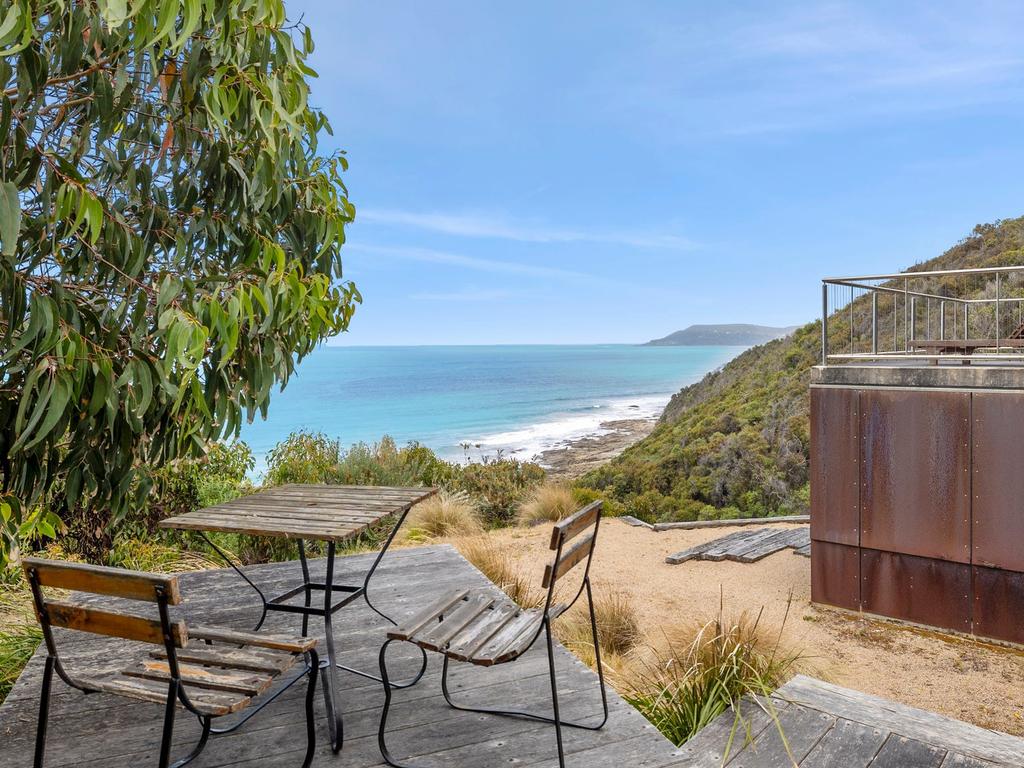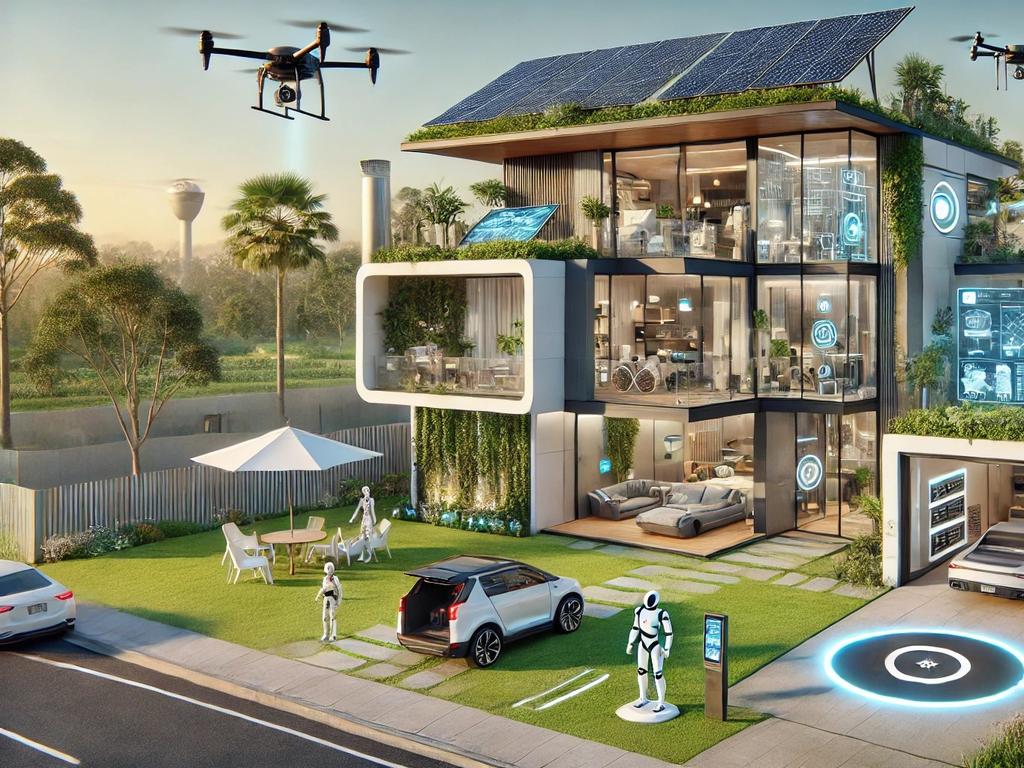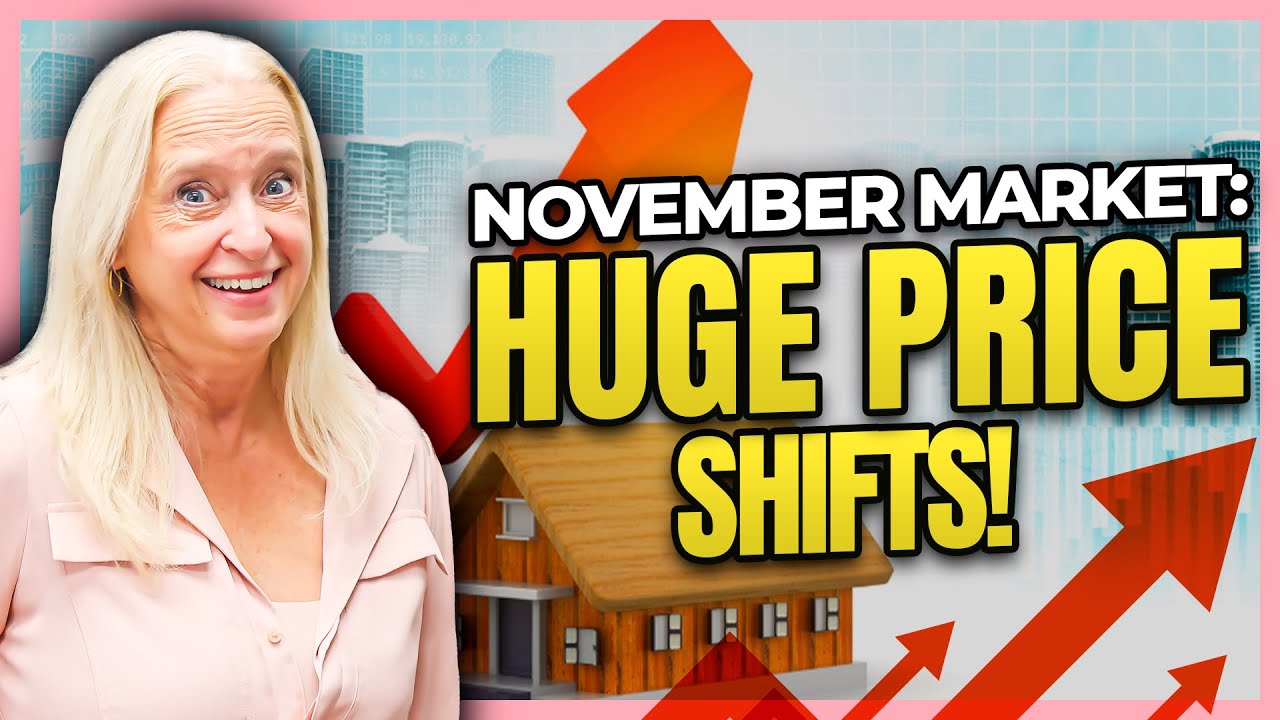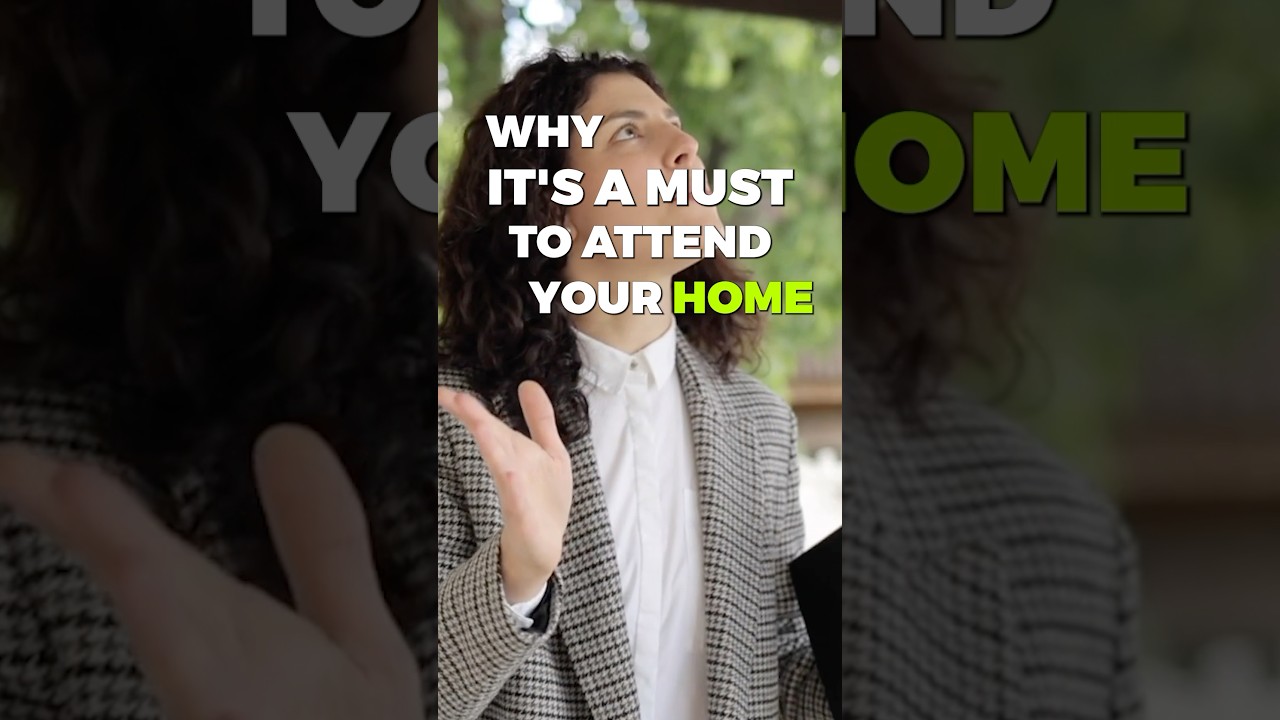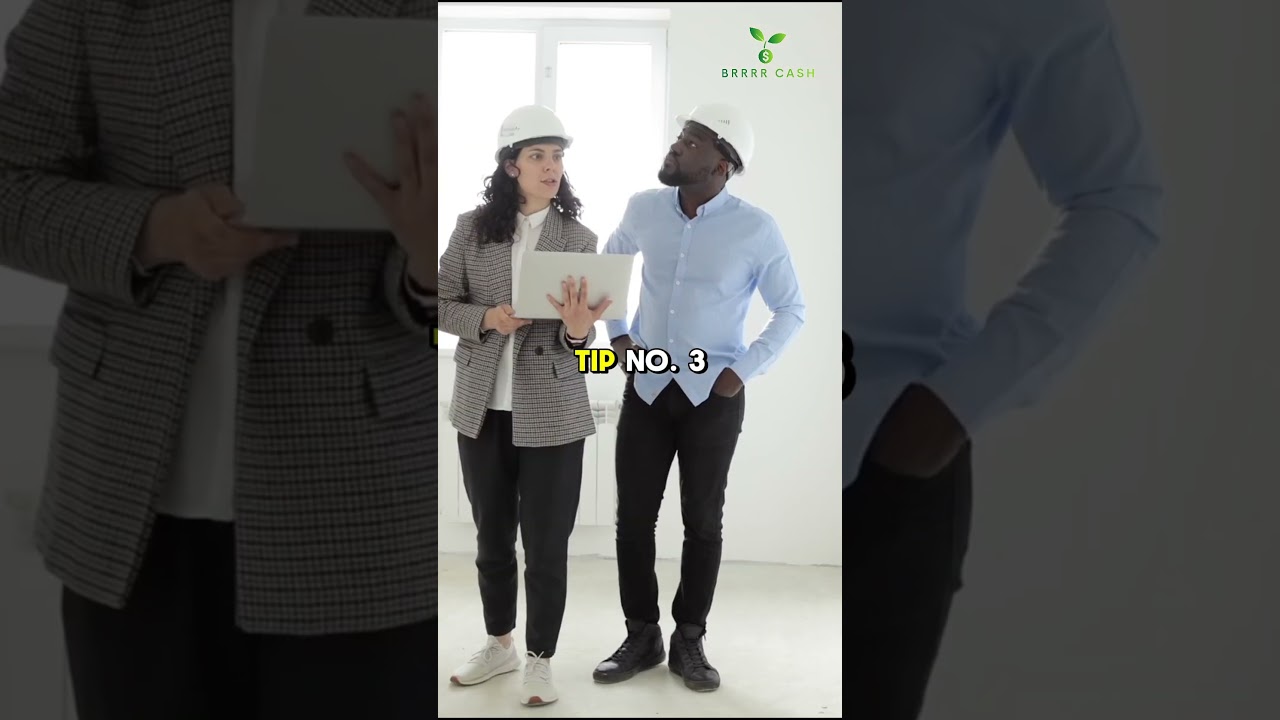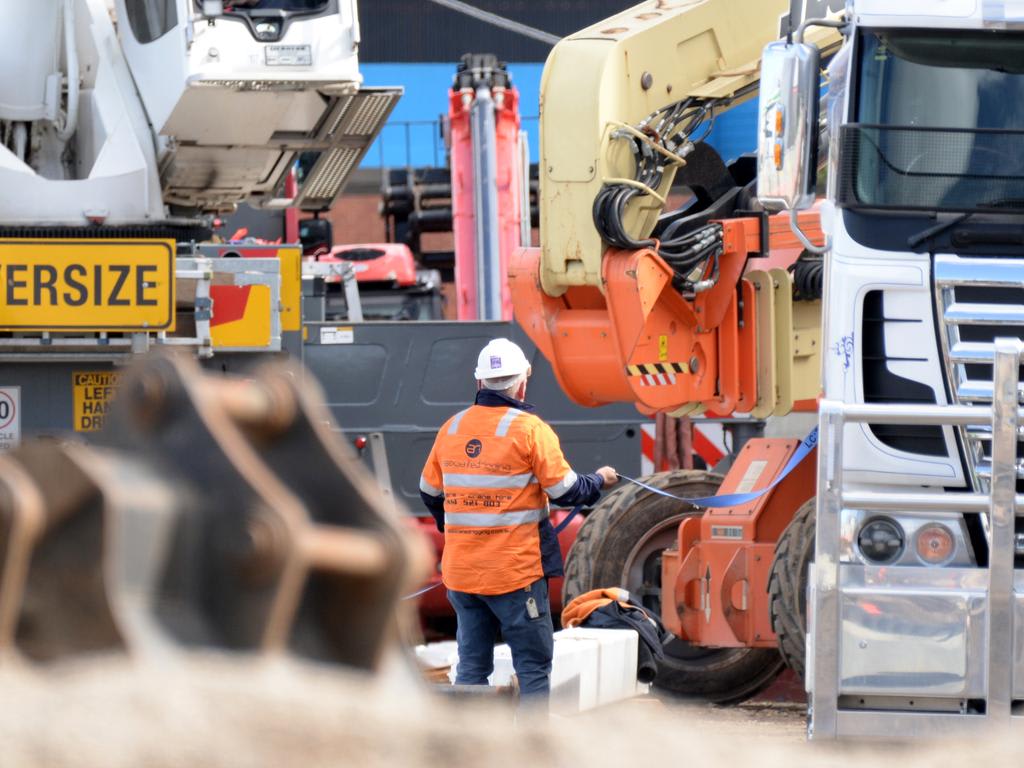
Building construction workers on site in Melbourne. Picture: NCA NewsWire / Andrew Henshaw
Victoria has lost its spot as the nation’s home-building leader because of locked-up land, tax hikes and soaring costs.
The Housing Industry Association’s Housing Scorecard, released yesterday, shows the long-term averages of each state and territory’s home- building and renovations activity, lending data and population flows.
It has ranked Queensland, Western Australia and South Australia ahead of Victoria.
RELATED: New boom: 31 Melb spots to get land under $500k
The most popular reno jobs this Christmas
Scott Cam’s $3m+ Block house yet to find a buyer
HIA Victoria executive director Keith Ryan said Victoria had spent most of the past decade as the strongest home building market in the country, but was now “far from leader of the pack”.
“There’s really a growing sense of despair that Victoria is just no longer seen as being the place to be,” Mr Ryan said.
“Surging land, labour, finance, regulatory and tax imposts have combined to see the construction of new housing in Victoria plummet to decade lows, while smaller states have already begun to recover.
“Inadequate release of new greenfield and infill land for home building has resulted in Victoria having some of the most expensive residential land in the country.”
Mr Coppini said without enough greenfield land in the short term, this would only put further pressure on housing affordability.
He added that the state’s tight insurance system and regulatory settings as well as the continual changes to its building code were also holding the market back.
“States that can offer sensible and fair regulatory settings, competitive taxes, employment opportunities and more affordable residential land will see a stronger outlook for home building activity in coming years,” Mr Ryan said.
“On the flip side, punitive taxes and misguided regulations will only compound the costs and constraints that weigh on the industry, delaying growth and making it even more difficult to attract consumers back to the market.”
Oliver Hume Group chief executive Julian Coppini said their analysis showed Melbourne’s housing completion rate had fallen below 40,000 new homes per year, but to accommodate for future population growth, more than 53,000 would need to be built annually.
Mr Coppini said without enough greenfield land in the short term, this would only put further pressure on housing affordability.
“Melbourne risks making the same mistakes as Sydney, where limited land supply has led to high prices, reduced affordability, and a highly constrained supply of new homes,” he said.
“With price growth in other states outstripping Melbourne over recent times, more people will be rethinking plans to move interstate, further exacerbating the supply crisis.”
This comes after the Victorian government announced in October their plan to boost the state’s housing supply with 27 development precincts, transforming farmland into 180,000 homes in the long term, which Mr Coppini said was not enough and was too long of a timeline.
The Victorian government announced in October their plan to boost to the state’s housing supply with 27 development precincts.
Urban Development Institute of Australia (UDIA) Victoria chief executive Linda Allison said
they would closely monitor the new supply coming from the Victorian government’s 10-year development plan to ensure land shortages didn’t hurt future home building.
She added that there was no question that the state’s high taxes acted as handbrake on supply in the apartment market.
“Victoria’s apartment pipeline has fallen off a cliff since the introduction of new taxes and other policy changes over the last decade,” Ms Allison said.
“In the five years to 2021, approximately 12,265 new apartments were built in the inner and middle ring annually.
“From 2022-2027, almost half that rate, just 6,780 new apartments are expected to be built per year.”
Housing Industry Association Housing Scorecard
Sign up to the Herald Sun Weekly Real Estate Update. Click here to get the latest Victorian property market news delivered direct to your inbox.
MORE: Surprise generation that will make Boomers look poor
‘Man from Snowy River’ high country haven gets international interest
Vic govt looking to cash in on mountain snow resorts
sarah.petty@news.com.au

